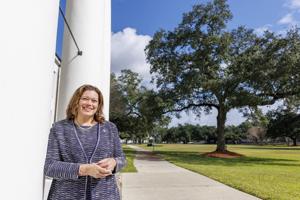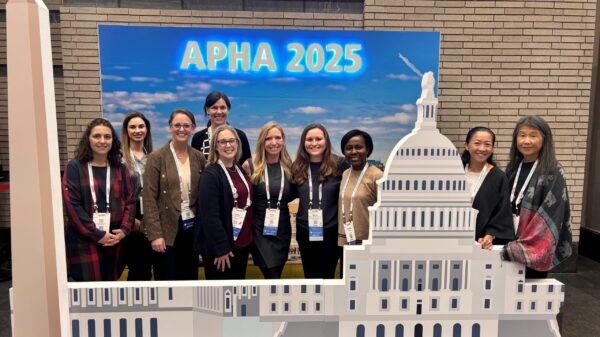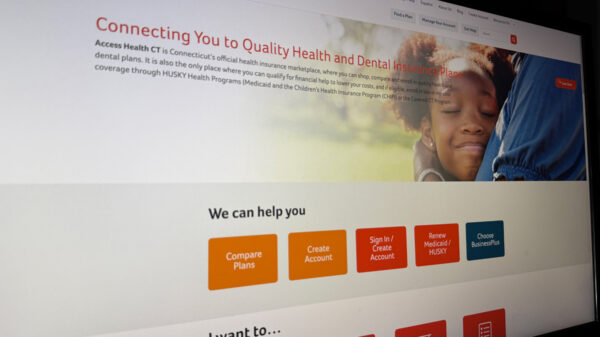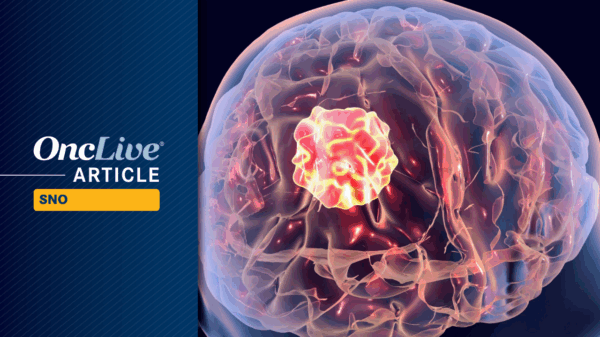The scientific community is grappling with a complex relationship with artificial intelligence (AI), as concerns mount about its impact on society. While research indicates a significant number of AI experts foresee positive outcomes, a broader survey reveals that many scientists express trepidation rather than optimism about generative AI. This sentiment underscores a critical need for a constructive vision of AI that prioritizes ethical use and societal benefit.
According to a study by the Pew Research Center in April, 56 percent of AI experts anticipate positive societal effects from AI. In stark contrast, a survey conducted in 2023 by the Center for Science, Technology and Environmental Policy Studies at Arizona State University found that scientists view generative AI with skepticism, expressing concern over its implications at nearly a three-to-one ratio compared to excitement. This disparity highlights a growing unease within the scientific community regarding the trajectory of AI development.
The apprehension stems from several factors. As authoritarianism rises globally, AI-generated misinformation and deepfakes proliferate, complicating the media landscape. Additionally, AI’s role in warfare has become increasingly lethal, and the exploitation of workers in developing regions adds to the ethical dilemmas associated with the technology. Moreover, the environmental impact of AI, driven by its substantial energy demands, raises further questions about its sustainability. In the United States, public investment appears concentrated on AI, potentially sidelining other essential scientific disciplines, while large tech companies consolidate their control over the AI ecosystem.
Despite these challenges, many believe that the narrative around AI does not have to be entirely negative. Scientists and engineers have the potential to guide AI towards beneficial applications. This perspective is vital; if influential voices in science and technology resign themselves to pessimism, the opportunity for positive change could diminish.
Harnessing AI for Societal Good
One way to shift the conversation is to articulate a clear vision for the positive uses of AI. Many experts argue that, similar to climate action efforts, it is essential to emphasize pathways that harness AI for public benefit. This includes addressing potential harms while also celebrating the ways AI can improve lives and distribute power more equitably.
Innovative applications of AI have emerged from various sectors. For instance, AI is breaking down communication barriers across languages, including under-resourced contexts like marginalized sign languages and indigenous African languages. In the realm of policymaking, AI is facilitating inclusive legislative engagement, allowing for broader input from diverse constituents. Additionally, large language models are being utilized to counter climate change skepticism by disseminating accurate information during critical discussions.
In the field of medicine, AI has been instrumental in solving complex scientific challenges, such as predicting protein structures, which contributed to a Nobel Prize awarded in 2024. These examples illustrate that while AI is still in its infancy, it holds the promise to advance public interests significantly.
A Collective Responsibility for Scientists
In their recent book, Rewiring Democracy: How AI Will Transform Our Politics, Government, and Citizenship, the authors outline crucial actions for policymakers and scientists alike. They emphasize the need for ethical reform within the AI industry, advocating for norms that prioritize fairness and transparency. By promoting developers who adhere to these ethical standards, the research community can help ensure that AI serves the public good.
It is equally important for scientists to document and resist harmful applications of AI. By shining a light on negative uses, researchers can raise awareness and advocate for responsible practices. Further, they should leverage AI’s capabilities to enhance societal welfare and address community needs directly.
Finally, a call for institutional renovation is necessary, as universities and professional societies must adapt to the evolving landscape shaped by AI. Scientists are uniquely positioned to influence the trajectory of AI development, and they must seize this opportunity to create an AI-infused world that aligns with societal values.
As historian Melvin Kranzberg noted, technology is neither inherently good nor bad; its impact depends on the choices made today. To foster a positive future with AI, a proactive vision is essential. Embracing this vision can empower scientists and engineers to drive AI towards beneficial outcomes for society, ensuring it serves as a force for good.



































































